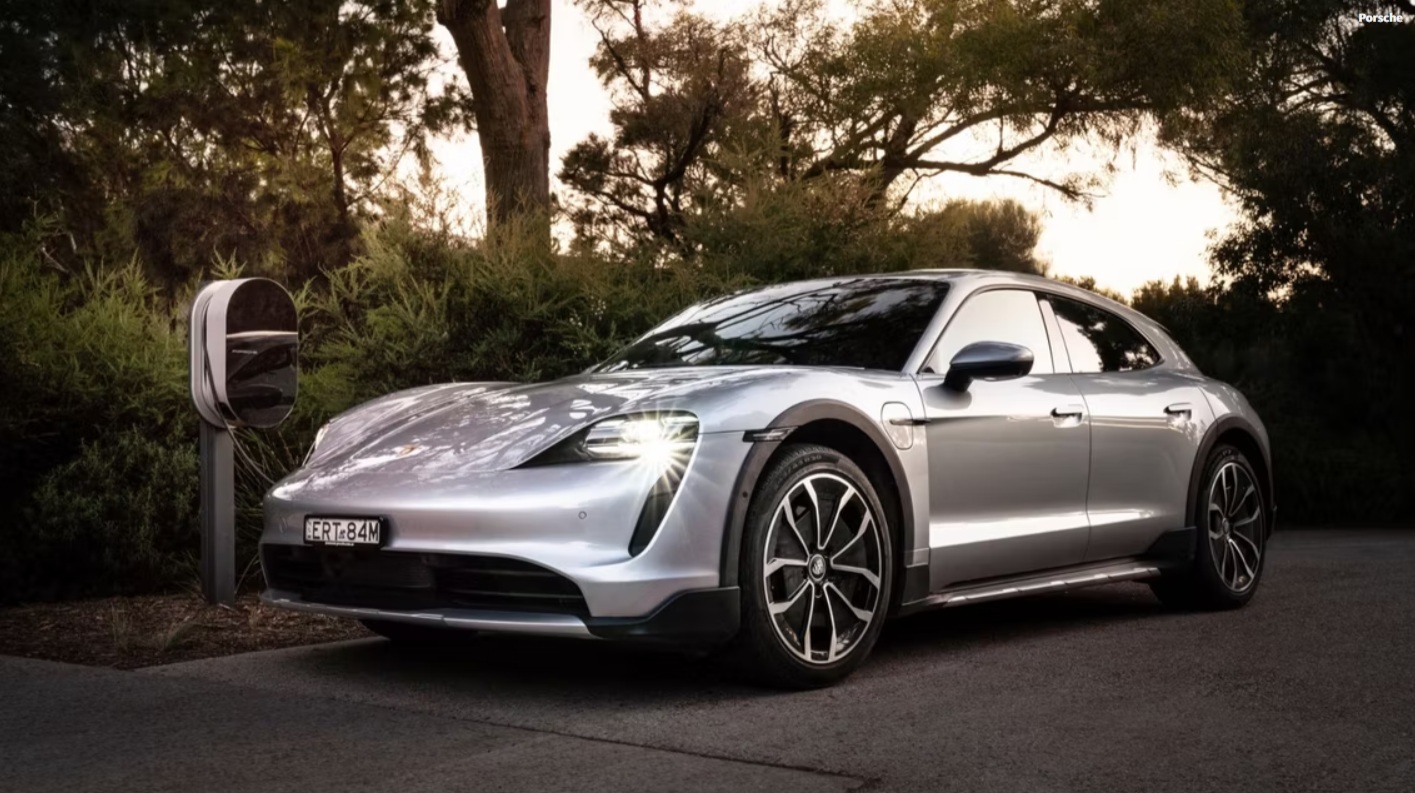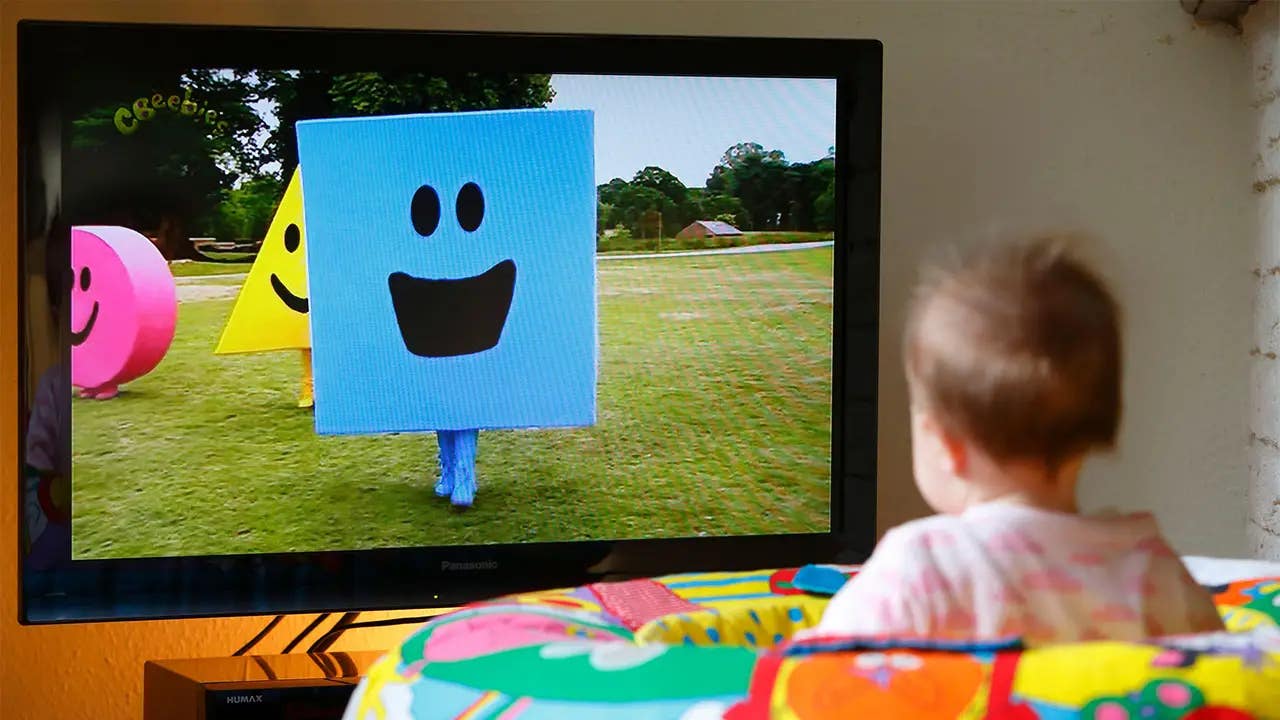Porsche’s new EV models will travel an incredible 800 miles between charges
Historically celebrated for its sleek, high-performance sports cars, the automaker is steering its legacy toward a sustainable future.

[Oct. 6, 2023: Staff Writer, The Brighter Side of News]
Historically celebrated for its sleek, high-performance sports cars, the automaker is steering its legacy toward a sustainable future. (CREDIT: Porsche)
As environmental consciousness takes center stage and global automakers race to establish their dominance in the electric vehicle (EV) market, Porsche has set the bar high.
Historically celebrated for its sleek, high-performance sports cars, the automaker is steering its legacy toward a sustainable future. Their latest electric car prototype promises an astonishing drive of up to 800 miles on a single charge. This evolution signifies not just a leap in EV technology, but also indicates the growing investment of leading car manufacturers in the future of EVs.
A Deep Dive into the World of EVs
When envisioning the future of transport, electric cars inevitably emerge as the frontrunners. These vehicles, powered by electricity stored in batteries, have slowly but steadily begun replacing traditional gasoline-powered cars. The benefits are manifold – from reduced carbon emissions to cost savings for consumers in the long run.
Related Stories:
Yet, for all the advantages of EVs, range anxiety – the fear of running out of battery before reaching a charging point – remains a significant barrier for many prospective buyers. Porsche's groundbreaking announcement seeks to quell these fears.
"The power of a car isn't just about speed anymore; it's about how long you can keep going," said a Porsche spokesperson. The 800-mile range is notably at the higher echelons of what current electric vehicles offer, underlining the potential of this nascent technology.
The Solid-State Revolution
At the heart of Porsche's impressive feat is its investment in solid-state battery technology. This isn't just a minor upgrade to the existing lithium-ion batteries that power most of today's electric vehicles. Solid-state batteries promise 50% greater energy density, translating directly to the ability to hold a charge for extended periods. It’s analogous to having a larger fuel tank, but for electric cars. Beyond just capacity, there's also a potential reduction in charging time – a win-win for consumers.
An electric Porsche 911 powered by solid-state batteries is in the works. (CREDIT: Porsche)
Although these batteries aren't integrated into the cars available for purchase presently, the automaker has teased that this might change sooner than we think.
The Green Commitment
Porsche's ambitions don't end at unveiling cutting-edge technology. The company envisions a sustainable business model, with projections to achieve over 80% of its total sales from electric cars by 2030. Such targets, coming from a luxury car brand of Porsche's stature, may significantly influence the broader market trend, catalyzing a shift toward electric vehicles.
The lithium-ion battery (not solid state) of a 2019 Porsche Taycan Turbo S. (CREDIT: Porsche)
This transition is timely. As brands like Tesla and Ford have democratized the EV market by making them more affordable, there's an evident surge in demand for these vehicles. Not to be left behind, major players, including Porsche, are consistently enhancing battery capacities.
Other companies, such as Tesla and General Motors, are also investing in new battery technologies. Tesla's recent modifications to its lithium-ion battery sourcing strategy underscores this trend. The company's continuous innovation was highlighted when an experimental battery powered their Model S to journey over 750 miles without a recharge.
An experimental battery powered their Model S to journey over 750 miles without a recharge. (CREDIT: Tesla)
Implications for the Driver
While the advancements in battery technology are a testament to the rapid pace of innovation in the automotive industry, it's the end consumer who stands to gain the most. An 800-mile range doesn’t merely mean fewer stops to recharge; it embodies freedom, convenience, and the promise of long, uninterrupted journeys. It's about reclaiming the joy of driving, without the looming anxiety of a depleting battery.
The narrative of the electric car has often been entangled with concerns about practicality. Porsche’s recent announcement is an emphatic statement, debunking myths and setting a precedent for what the future of transportation can look like.
In a world increasingly leaning towards sustainability, such developments don’t just signify technological progress. They represent hope. Hope for cleaner cities, reduced carbon footprints, and a world where technology and nature coexist harmoniously.
As Porsche accelerates into this electric future, it invites us all to come along for an exhilarating, eco-friendly ride. The road ahead, it seems, is not just green, but also stretches far and wide, with fewer stops in between.
For more science news stories check out our New Innovations section at The Brighter Side of News.
Note: Materials provided above by The Brighter Side of News. Content may be edited for style and length.
Like these kind of feel good stories? Get the Brighter Side of News' newsletter.
Joseph Shavit
Head Science News Writer | Communicating Innovation & Discovery
Based in Los Angeles, Joseph Shavit is an accomplished science journalist, head science news writer and co-founder at The Brighter Side of News, where he translates cutting-edge discoveries into compelling stories for a broad audience. With a strong background spanning science, business, product management, media leadership, and entrepreneurship, Joseph brings a unique perspective to science communication. His expertise allows him to uncover the intersection of technological advancements and market potential, shedding light on how groundbreaking research evolves into transformative products and industries.



